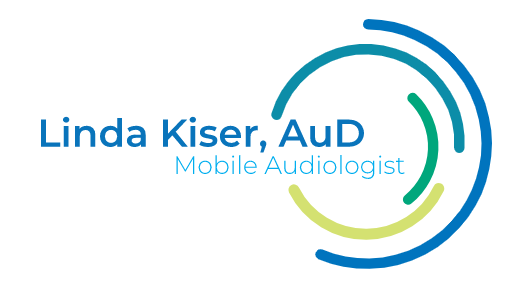Impacts of Untreated Hearing Loss
Many individuals are aware that they are experiencing hearing loss but struggle to seek assistance. Surprisingly, those diagnosed with hearing loss typically wait an average of seven years before seeking treatment. The reasons for delaying help vary; some perceive hearing loss as a distressing sign of aging, while others underestimate the severity of their condition or may not even realize they have hearing difficulties.
Unfortunately, leaving hearing loss untreated can lead to significant consequences. Recent studies have shed light on the social, psychological, cognitive, and health effects of untreated hearing loss. These effects can vary in nature but all have a profound impact on one's overall quality of life.
The emotional effects of untreated hearing loss
- Irritability, negativity, and anger
- Fatigue, tension, stress, and depression
- Avoidance or withdrawal from social situations
- Social rejection and feelings of loneliness
- Reduced alertness and increased risk to personal safety
Untreated hearing loss and cognitive decline
Benefits of wearing a hearing aid
- Hearing your grandchild's first words
- Reconnecting with the sounds of nature
- Feeling safer in urban environments
- Enjoying dinners in noisy settings
- Engaging in conversations and enjoying social gatherings
How to seek help
Hearing loss can affect individuals of all ages, from infants to adults and seniors. The most effective way to seek help is by scheduling an appointment with a hearing specialist. They will assess the type and severity of your hearing loss and recommend appropriate hearing aids that can significantly improve your quality of life.
If you suspect you or a loved one is experiencing hearing loss, don't delay seeking assistance any longer. Visit a hearing healthcare professional and take the first step toward a world of improved hearing.

